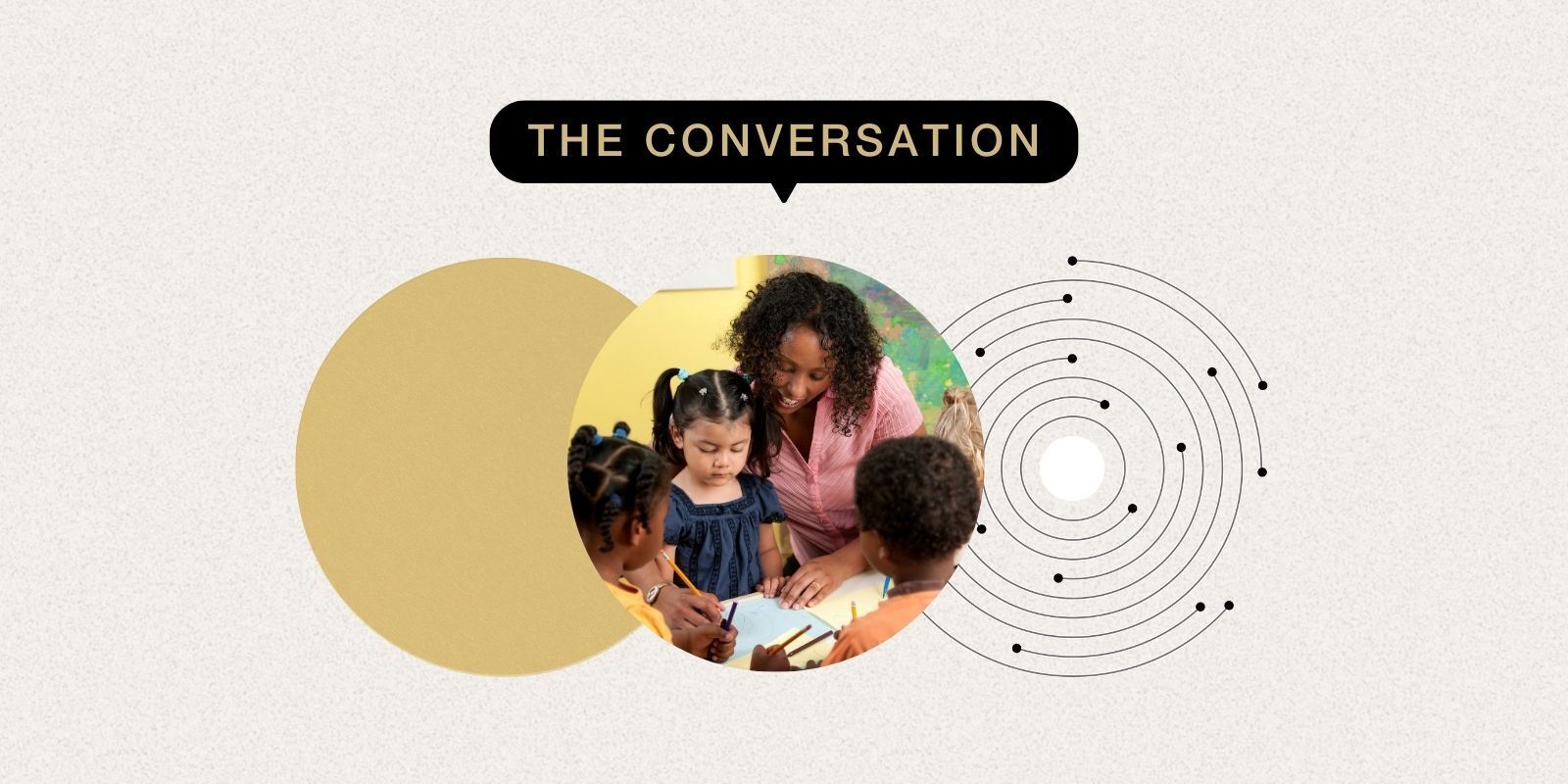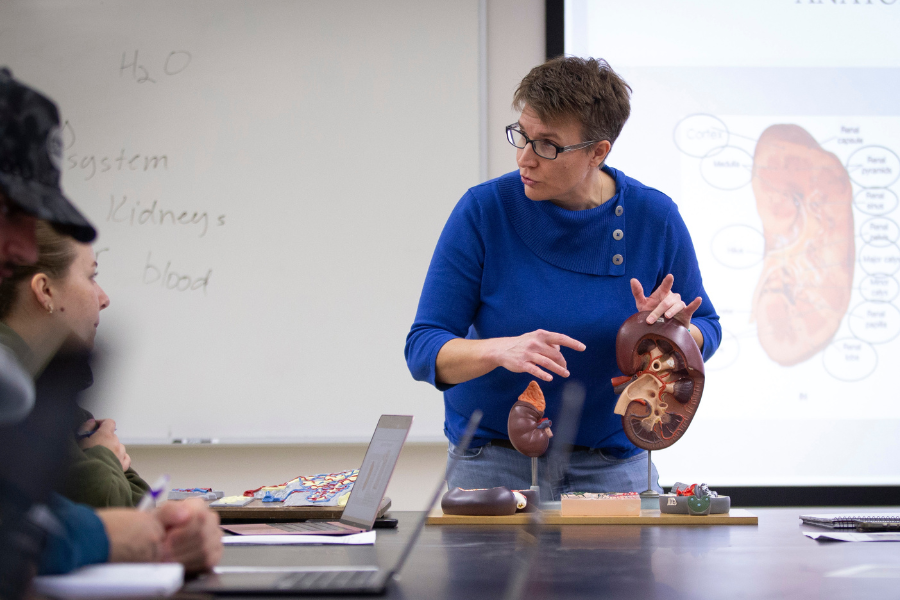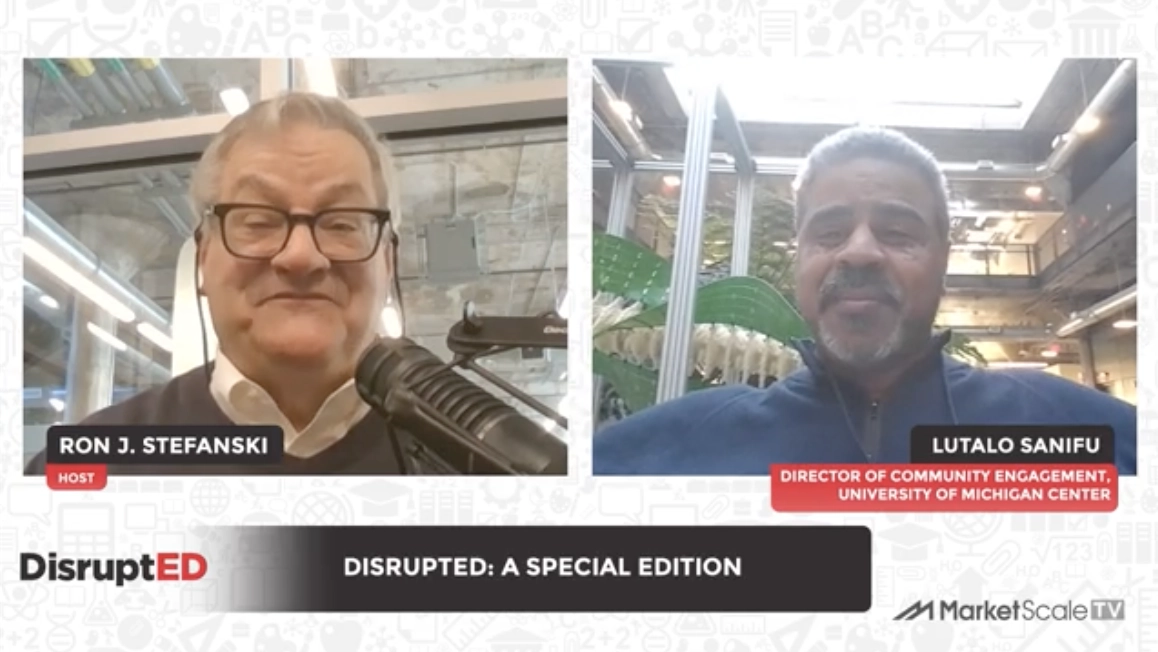Applications Open for Trying Together’s 2026 ECE Advocacy Fellowship – Early Learning Resource Center Region 5
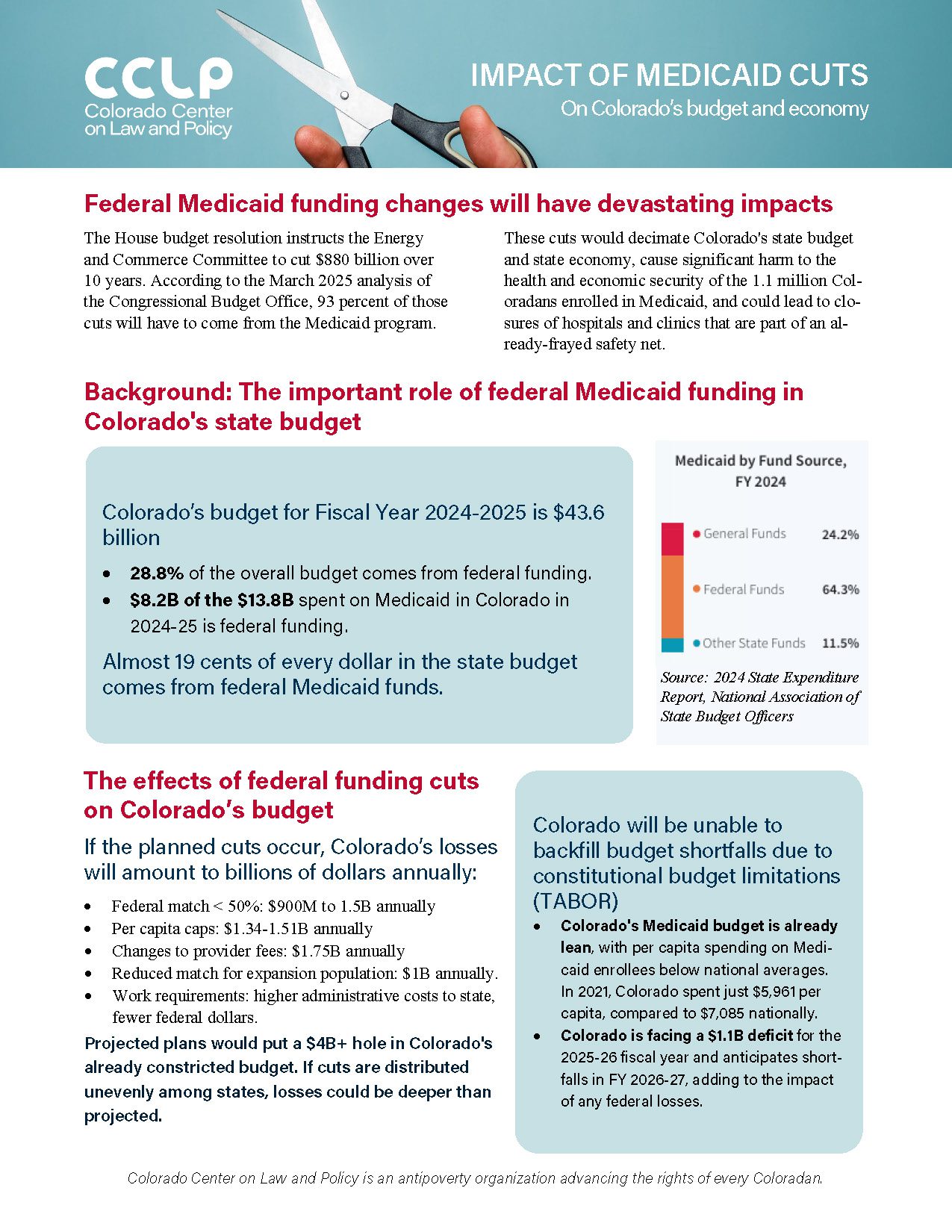
Report on the 2026 Early Childhood Education Advocacy Fellowship
The 2026 Early Childhood Education (ECE) Advocacy Fellowship, organized by Trying Together, is a strategic initiative designed to empower professionals within the early learning sector. The program aims to develop advocates who can effect meaningful policy change, with a significant focus on advancing the United Nations Sustainable Development Goals (SDGs).
Fellowship Mission and Core Alignment with Sustainable Development Goals
The fellowship’s vision is to create an ECE ecosystem where caregivers are valued and empowered to foster diversity, equity, and racial justice. This mission directly addresses systemic inequities and is fundamentally aligned with several key SDGs.
- SDG 4 (Quality Education): By advocating for inclusive, high-quality early learning experiences, the fellowship works to ensure all children have access to quality early childhood development, care, and pre-primary education.
- SDG 10 (Reduced Inequalities): A central theme of the fellowship is addressing systemic inequities and promoting racial justice, directly contributing to the goal of reducing inequality within and among communities.
- SDG 5 (Gender Equality): The program empowers a workforce predominantly composed of women and supports the role of female caregivers, contributing to gender equality and the empowerment of all women and girls.
- SDG 8 (Decent Work and Economic Growth): By elevating the professional status of ECE contributors and providing stipends, the fellowship promotes decent work and supports the economic viability of the early childhood sector.
Program Structure and Objectives
The 12-month fellowship is structured to provide participants with the skills and knowledge necessary to become effective leaders and advocates. The core components are designed to build capacity for creating systemic change in line with the 2030 Agenda for Sustainable Development.
Core Components of the Fellowship
- Strengthening Advocacy Skills: Participants will develop the ability to advocate for policies supporting early care and education. This component supports SDG 16 (Peace, Justice and Strong Institutions) by building capacity for civic engagement with policy systems.
- Cultivating Change-Makers: The program fosters leadership and advocacy skills, enabling fellows to drive systemic change. This aligns with SDG 4.7, which aims to equip learners with the knowledge and skills needed to promote sustainable development.
- Enhancing Leadership: Sessions focus on developing leadership competencies in communication, decision-making, and community engagement to create lasting, positive impact.
- Mastering Communication: Fellows learn to craft compelling, equity-centered messages to influence policy and resonate with diverse audiences, a critical skill for advancing SDG 10 (Reduced Inequalities).
- Application and Showcase of Learning: A final project requires fellows to apply their learning and present their advocacy vision to community partners, ensuring the fellowship’s impact is sustainable and shared.
The program is offered at no cost to participants or their employers. Stipends are provided to fellows and their employers to honor their time commitment. Financial support, including dinner at sessions and travel stipends, is available to reduce barriers to participation, reinforcing the commitment to SDG 10.
Intended Audience and Participant Profile
The fellowship is designed for a diverse cohort of professionals actively engaged in the early care and education field, promoting an inclusive approach to policy development. The intended audience includes:
- Parents and relative care providers
- Family and group child care home providers
- Child care program administrators and educators (e.g., Head Start, infant/toddler, pre-k)
- PK-4 teachers and principals
- Home visitors and school-age child care providers
- Trainers and higher education professors
- Child care resource and referral professionals
- Researchers
Program and Session Details
The yearlong program runs from January to December, combining monthly in-person meetings with individual and small group work. Sessions are facilitated by the Trying Together Policy team and feature regional, state, and national experts. The curriculum focuses on current research, policy, and strategic approaches to advance early childhood education. A key component includes a visit to the Pennsylvania Capitol Building in Harrisburg to engage directly with legislators, providing practical experience in policy advocacy (SDG 16).
Application and Selection Process
Application Timeline
Online applications will be accepted until 11:59 p.m. on Wednesday, October 1. Notifications will be sent to all applicants during the first week of December.
Selection Criteria
The selection committee is committed to assembling a diverse and balanced cohort. Selection factors include geography, diversity of background and experience, and specific interests, ensuring the fellowship cohort reflects the varied communities it aims to serve, in line with SDG 10.
Contact Information
For further information regarding the 2026 ECE Advocacy Fellowship, please contact Hailee B. Roye at hailee@tryingtogether.org or 412-692-0573.
1. Which SDGs are addressed or connected to the issues highlighted in the article?
- SDG 4: Quality Education
- SDG 5: Gender Equality
- SDG 10: Reduced Inequalities
- SDG 16: Peace, Justice and Strong Institutions
The article discusses the “2026 Early Childhood Education (ECE) Advocacy Fellowship,” which directly relates to SDG 4 (Quality Education) by focusing on improving early learning experiences. It addresses SDG 10 (Reduced Inequalities) through its stated commitment to “promote diversity, equity, racial justice” and address “systemic inequities.” By empowering professionals in the ECE field, which is predominantly female, the fellowship supports SDG 5 (Gender Equality). Finally, its focus on training advocates to engage with “policy systems” and “legislators” to drive “systemic change” connects to SDG 16 (Peace, Justice and Strong Institutions) by promoting participatory decision-making.
2. What specific targets under those SDGs can be identified based on the article’s content?
SDG 4: Quality Education
- Target 4.2: By 2030, ensure that all girls and boys have access to quality early childhood development, care and pre-primary education so that they are ready for primary education.
The fellowship’s entire purpose is to create advocates who will work towards improving the ECE ecosystem. The program’s commitment to advocating for “inclusive, high-quality learning experiences” and recognizing the “critical role of early childhood in shaping lifelong success” directly supports the goal of universal access to quality early childhood education.
SDG 5: Gender Equality
- Target 5.5: Ensure women’s full and effective participation and equal opportunities for leadership at all levels of decision-making in political, economic and public life.
The article highlights that the fellowship is designed for ECE professionals, including parents, caregivers, and educators—roles often held by women. By providing training to “grow as leaders,” “enhance leadership,” and “advocate effectively for policies,” the program directly empowers women to take on leadership roles and participate in policy-making that affects their field.
SDG 10: Reduced Inequalities
- Target 10.2: By 2030, empower and promote the social, economic and political inclusion of all, irrespective of age, sex, disability, race, ethnicity, origin, religion or economic or other status.
- Target 10.3: Ensure equal opportunity and reduce inequalities of outcome, including by eliminating discriminatory laws, policies and practices and promoting appropriate legislation, policies and action in this regard.
The fellowship’s vision is to “promote diversity, equity, racial justice, and a sense of belonging” and to address “systemic inequities.” By training fellows to craft “equity-centered messages” and influence policy, the program aims to create a more inclusive ECE system, thereby reducing inequalities for both children and professionals in the field.
SDG 16: Peace, Justice and Strong Institutions
- Target 16.7: Ensure responsive, inclusive, participatory and representative decision-making at all levels.
The program is fundamentally about building capacity for civic engagement. It trains fellows to “explore policy systems,” “engage in hands-on activities to grow their advocacy confidence,” and “meet with legislators.” This empowers a diverse group of stakeholders to participate in the policy-making process, making it more inclusive and representative of the community’s needs.
3. Are there any indicators mentioned or implied in the article that can be used to measure progress towards the identified targets?
SDG 4: Quality Education
- Implied Indicator: Number of trained advocates for high-quality ECE.
The existence of the fellowship and the number of participants who complete it serve as a qualitative indicator of investment in improving the ECE system. The “final project that reflects your advocacy journey” for each fellow is a measure of the capacity built to advocate for quality education.
SDG 5: Gender Equality
- Implied Indicator: Number of women from the ECE field trained in leadership and policy advocacy.
The number of fellows, particularly women, who complete the program and go on to engage in advocacy or leadership roles is a direct measure of progress. The article mentions the selection committee aims for a “well-balanced cohort, considering factors such as… diversity,” implying a conscious effort towards inclusive representation.
SDG 10: Reduced Inequalities
- Implied Indicator: Development of advocacy projects focused on equity.
The fellows’ final projects, which are shared publicly, can be analyzed to see how many focus on addressing “systemic inequities” or promoting “racial justice.” The program’s emphasis on crafting “equity-centered messages” implies that the content of these messages could also be a measure of progress.
SDG 16: Peace, Justice and Strong Institutions
- Implied Indicator: Number of engagements between ECE advocates and policymakers.
The article explicitly states that fellows “have the chance to travel to Harrisburg to visit the Pennsylvania Capitol Building and meet with legislators.” The number of these meetings and the policy discussions that occur are direct indicators of increased participation in the decision-making process.
4. Create a table with three columns titled ‘SDGs, Targets and Indicators” to present the findings from analyzing the article.
| SDGs | Targets | Indicators |
|---|---|---|
| SDG 4: Quality Education | Target 4.2: Ensure access to quality early childhood development, care, and pre-primary education. | Implied: The number of fellows completing the advocacy program; The creation of final advocacy projects aimed at improving ECE quality. |
| SDG 5: Gender Equality | Target 5.5: Ensure women’s full and effective participation and equal opportunities for leadership in decision-making. | Implied: The number of women from the ECE field trained in leadership; A “well-balanced cohort” that considers diversity. |
| SDG 10: Reduced Inequalities | Target 10.2: Empower and promote the social, economic, and political inclusion of all. | Implied: The development of “equity-centered messages” by fellows; Final projects that propose solutions to “systemic inequities.” |
| Target 10.3: Ensure equal opportunity and reduce inequalities of outcome. | ||
| SDG 16: Peace, Justice and Strong Institutions | Target 16.7: Ensure responsive, inclusive, participatory, and representative decision-making. | Implied: The number of fellows who “meet with legislators”; Public sharing of advocacy projects with community leaders. |
Source: elrc5.alleghenycounty.us

What is Your Reaction?
 Like
0
Like
0
 Dislike
0
Dislike
0
 Love
0
Love
0
 Funny
0
Funny
0
 Angry
0
Angry
0
 Sad
0
Sad
0
 Wow
0
Wow
0





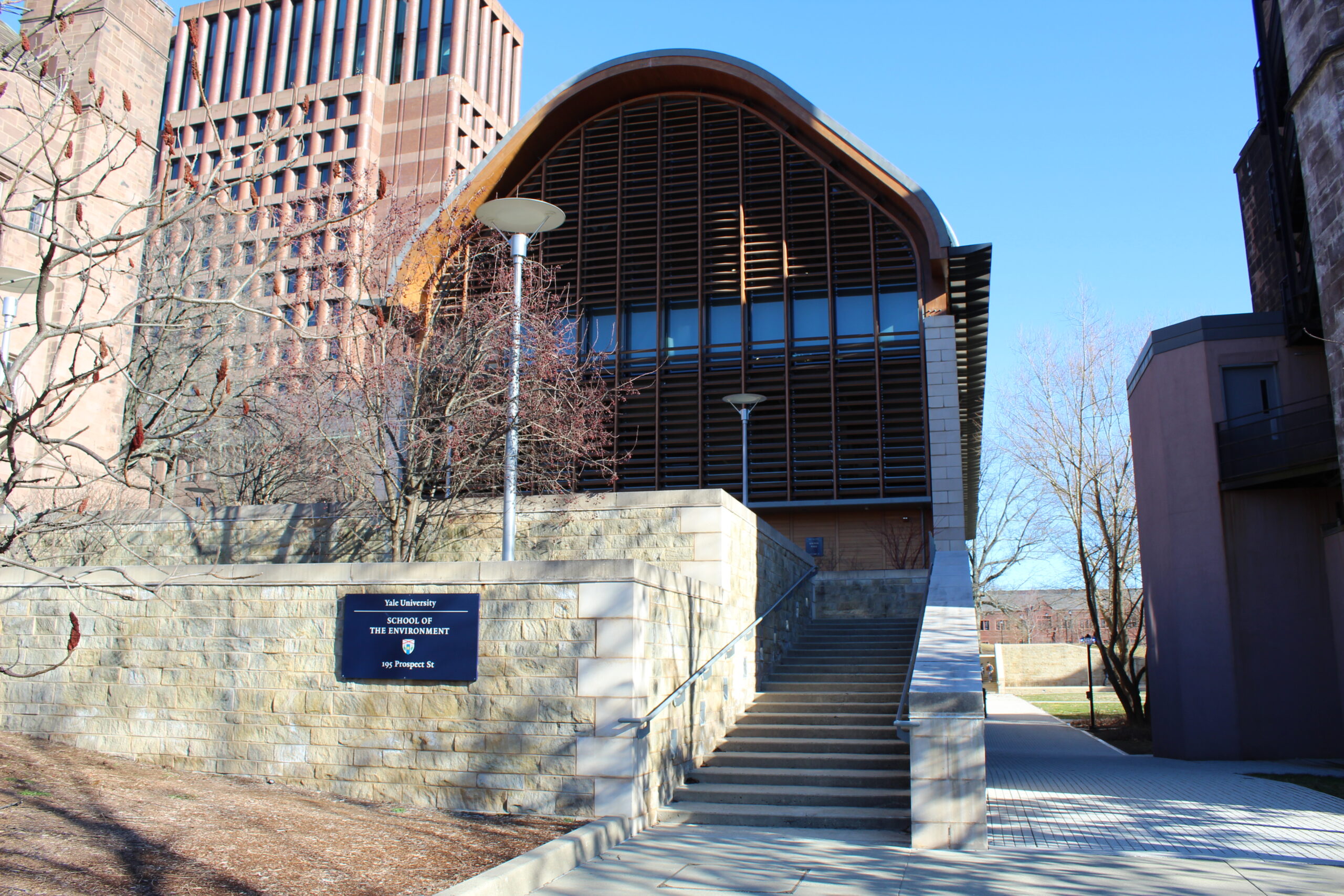
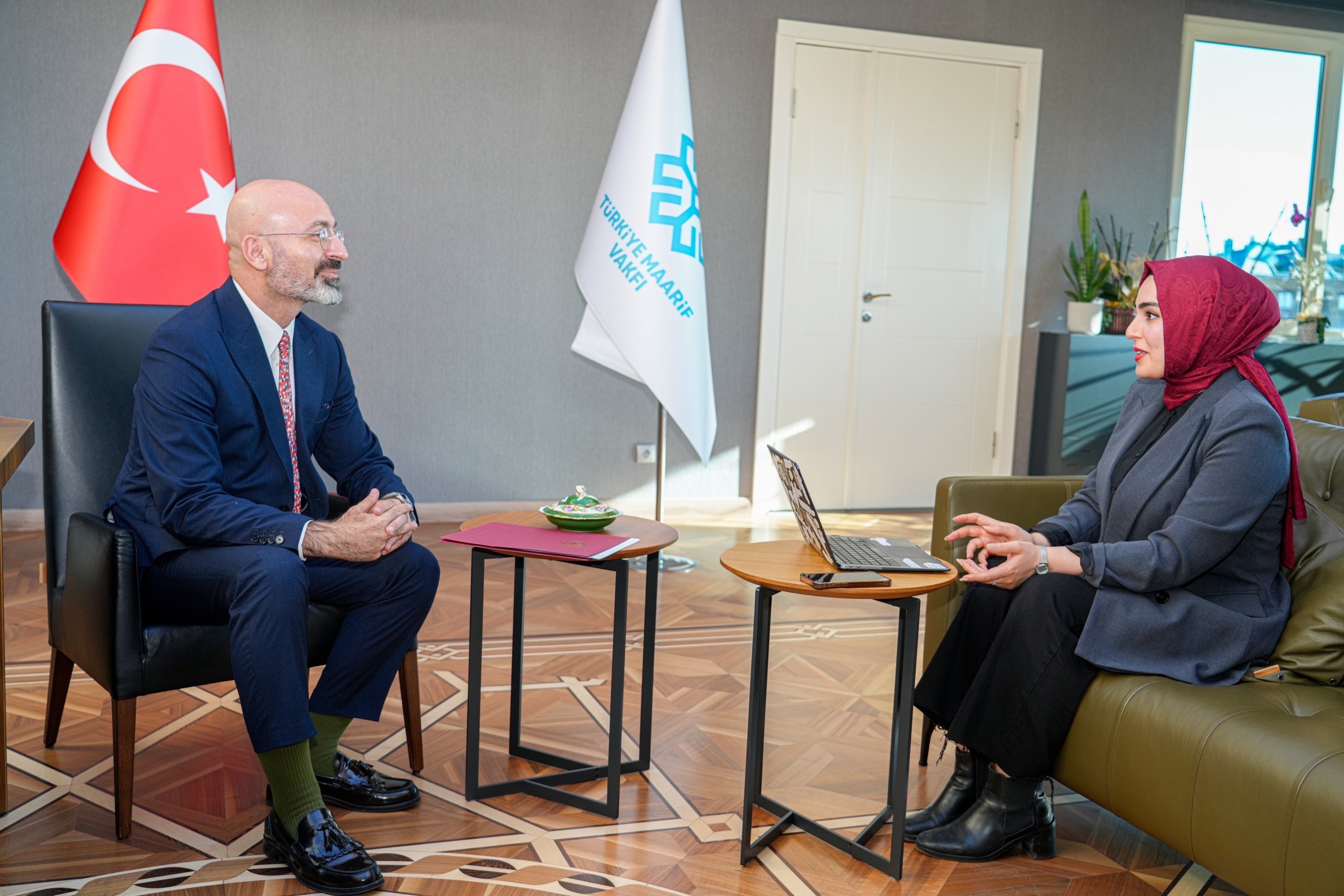
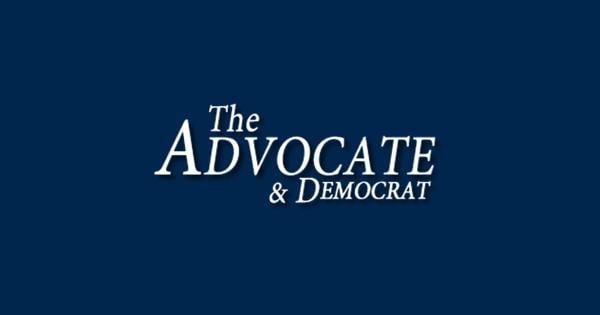






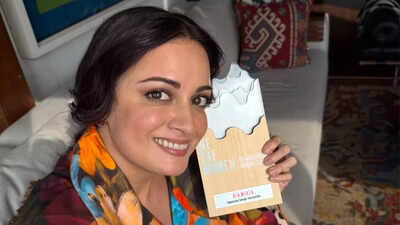
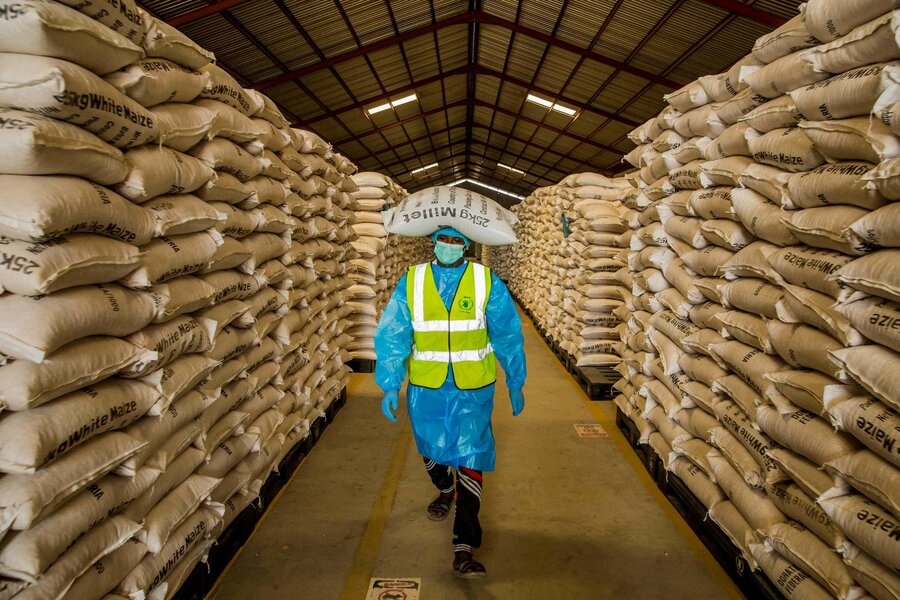








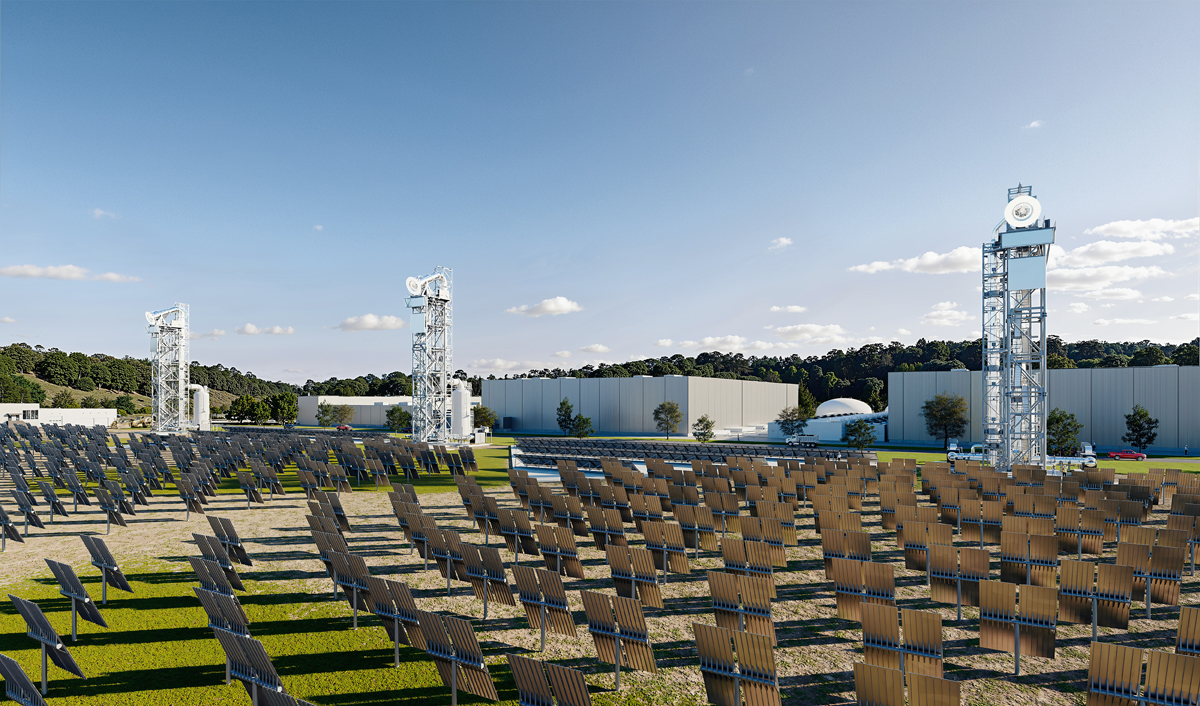




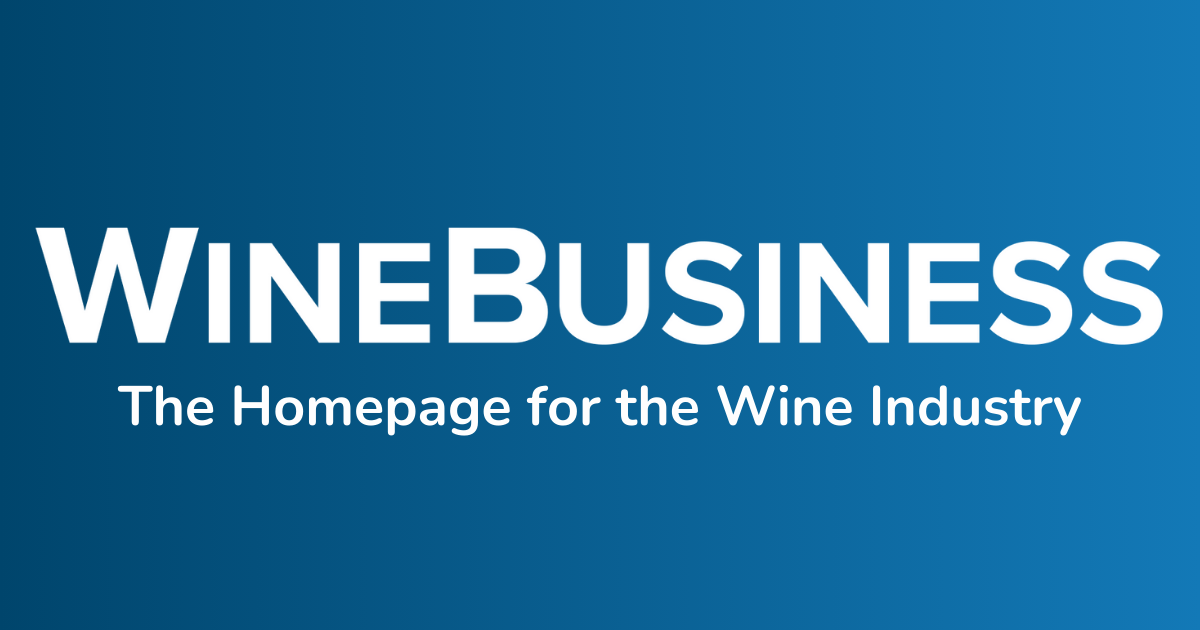

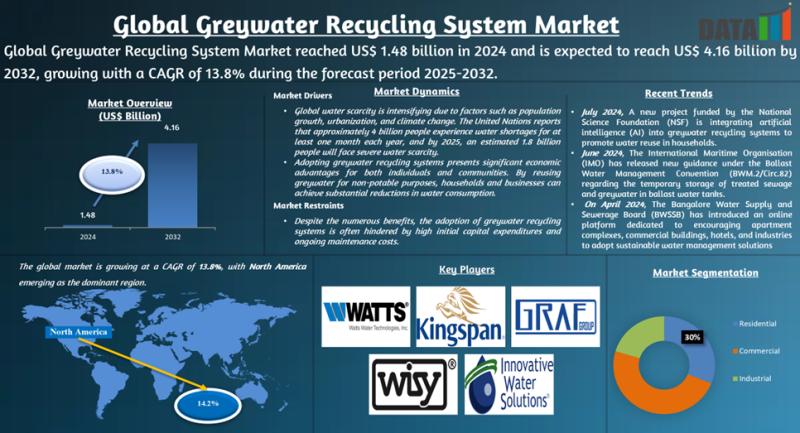

















:focal(1500,1000)/https://media.globalcitizen.org/a6/9a/a69a4720-d8a1-4715-b596-18738d03c05c/rotary_polio_hero_image.jpg?#)



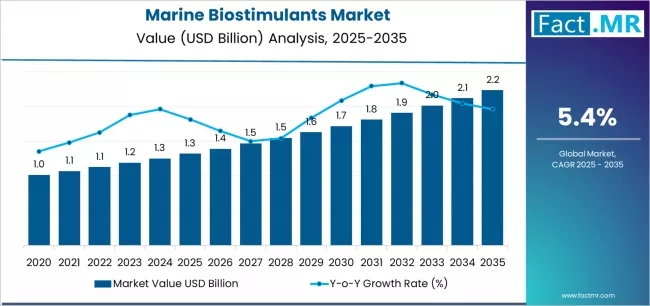


/countries/sri-lanka/photo-credit---dmc-sri-lanka.tmb-1200v.jpg?sfvrsn=dc298bcc_1#)







